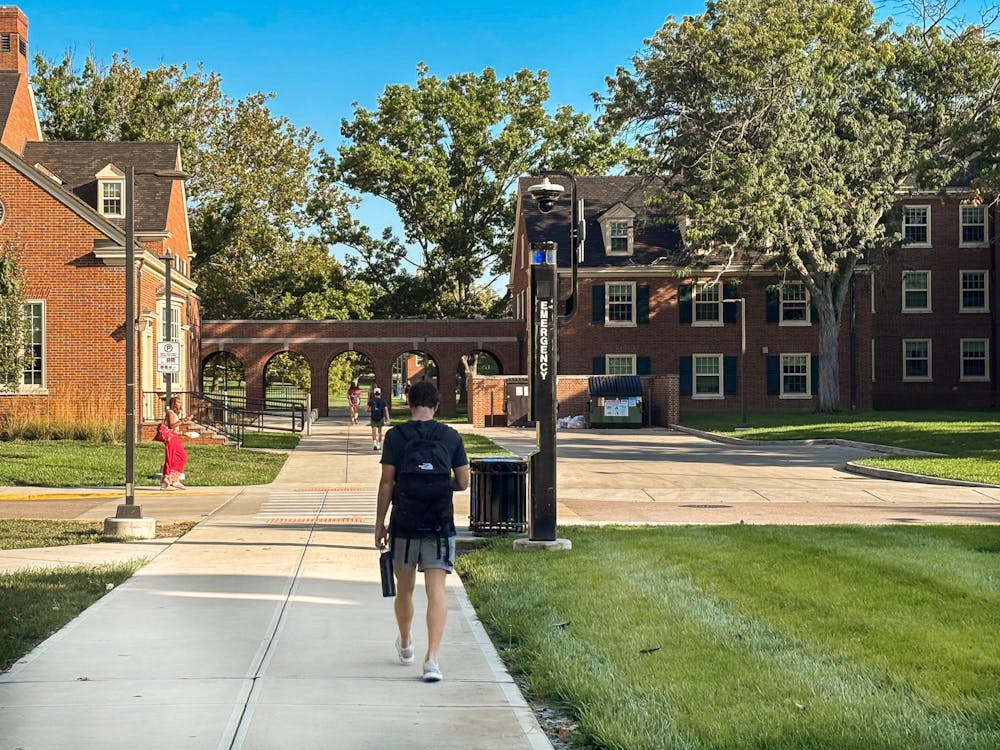Educational environments are currently under attack. Recently, under President Donald Trump’s administration, monumental changes to academic policies and student treatment have occurred. A specific example is the new guidelines regarding sexual misconduct cases within a school.
Title IX was an amendment made in 1972 to guard against sex-based discrimination in education. This included protections against any sexual violence within academic settings. However, seemingly subtle changes have been made under Trump’s presidency that change these protections.
Trump has called for the reinstatement of his 2020 Title IX policy after it was previously changed during former President Joe Biden’s term. Biden’s regulations not only shifted how institutions address sexual assault, but also expanded protections for LGBTQ+ and pregnant students. Trump’s policy is framed as an amendment to Title IX intended to “restore fairness and due process to our campuses.”
Behind the vague wording, the true intentions are to provide more protection for the accused person in cases of sexual violence. It rules that schools can only investigate a case if it involves “severe and pervasive sexual violence.”
The issue with this is it can imply an effect that does not always occur after sexual violence. “Pervasive” can suggest the violence impeded on their education. In some cases, victims are forced to continue with their normal academic and social lives, despite the trauma. Therefore, while the assault did still occur, it did not blatantly disrupt their education.
The word “pervasive” can also imply that the violence occurred numerous times. Yet even if the attack only happened once, it is still a valid crime. The wording of the order complicates the definition of sexual violence. This would allow courts defending a perpetrator to find loopholes around what circumstance defines sexual misconduct, therefore making it less likely for the victim to receive justice.
The new guidelines also implement the idea of “innocent until proven guilty.” This idea is a core part of America’s legal system. Prosecutors in courts bear the Burden of Proof, which means that evidence proving a suspect is guilty must be shown. However, this notion can become incredibly harmful for the victim and complicate the situation even more.
The largest consequence this guideline presents is it will make victims more hesitant to come forward with their accusation. Since it changes the definition of sexual misconduct and automatically provides protection for their assailant, victims will see no hope in bringing their case to light. As they already have so many factors working against them, it seems hopeless to fight for justice. Especially in a school setting, where if the accused was decidedly innocent, they may have to frequently see their assailant on campus or in class.
This new implementation of sexual misconduct “protections” is seemingly more harmful than beneficial. It jeopardizes the potential case of sexual violence if brought forth by a victim. Education settings, especially college campuses, should work to provide heavy protection for the victims and ensure they are safely guarded by the law.
Layla Norris is a first-year student double majoring in political science and journalism, with a minor in history. Alongside writing for The Miami Student, she is involved with Stage Left, Women in Law and MU Model UN.




